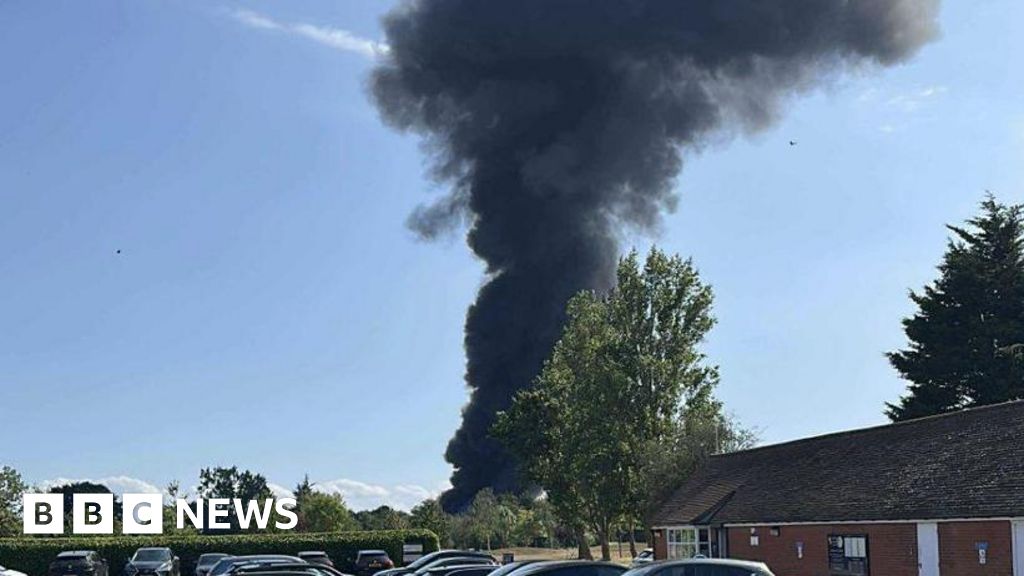The Global Initiative for Information Integrity on Climate Change is crowdsourcing concrete solutions to address disinformation and related tactics seeking to delay and derail climate action.
—
The COP30 Presidency has called on governments, civil society, academia, and the private sector to submit concrete initiatives that promote information integrity in addressing climate change disinformation.
The Global Initiative for Information Integrity on Climate Change, established by UNESCO, the UN and the Brazilian government, is crowdsourcing concrete solutions to address disinformation and related tactics seeking to delay and derail climate action, to be submitted by August 31. Selected initiatives will be presented at the global COP30 conference in November.
Despite widespread agreement by experts around the world and increasing attempts to raise the alarm, vast swaths of the general public are still confused or apathetic about climate change.
In the US, for example, more than a third of adults are not at all concerned about climate change, as emerged in a survey conducted by the Yale Program on Climate Change Communication and published earlier this year. Among those who agree that it exists, only 60% think it is caused by human activity. This trend is set to increase as mainstream media around the world have made a dramatic shift away from covering the topic during the past year.
According to the Media and Climate Change Observatory, media coverage of climate change or global warming in newspapers around the globe in June of this year dropped 28% compared to June 2024.
 Newspaper media coverage of climate change or global warming in print sources in seven different regions around the world, from January 2004 through June 2025 Graph: Media and Climate Change Observatory.
Newspaper media coverage of climate change or global warming in print sources in seven different regions around the world, from January 2004 through June 2025 Graph: Media and Climate Change Observatory.The first-ever UN Global Risk Report released this month also named mis- and disinformation the world’s top vulnerability, while environmental risks represent five of the top 10 most important risks across all regions.
The COP30 presidency’s initiative, which brings together the UN, UNESCO, UNFCCC, Brazil, and six other countries – Chile, Denmark, France, Morocco, the United Kingdom, and Sweden – along with civil society partners – represents the first time the issue of information integrity has been included in the COP Action Agenda.
At the G20 Leaders’ Summit where the initiative was launched, UN Secretary-General António Guterres called for strengthening action against “coordinated disinformation campaigns impeding global progress on climate change, ranging from outright denial to greenwashing to harassment of climate scientists.”
Last year, the UN chief called on countries to ban fossil fuel advertising in the same way they restricted tobacco.
“Many in the fossil fuel industry have shamelessly greenwashed, even as they have sought to delay climate action – with lobbying, legal threats, and massive ad campaigns. They have been aided and abetted by advertising and PR companies – Mad Men fuelling the madness,” Guterres said.
Public confusion also directly impacts how governments regulate greenhouse gas emissions and support solutions. “Worldwide, there are influential people who keep denying that the world is facing climate threats, which has slowed down the implementation of policy measures and actions that can tackle the climate crisis for humankind,” Edwin Lau, founder of The Green Earth, told Earth.Org in an emailed response.
The call-to-action – “mutirão”, Portuguese for “joint effort” – seeks existing actions in areas including:
- Research on disinformation and other threats to climate information integrity
- Tools and methods to promote climate information integrity
- Communication strategies and campaigns
- Support for environmental journalism
- Protecting scientific data and data sets related to climate change
- Transparency in the advertising supply chain
- Media, information and digital literacy related to climate change
COP30 will take place in Belém, Brazil, from November 10 to 21, 2025. Interested organizations can access the application form until August 31, 2025.
Finding the Right Communication Approach
Experts are divided as to what types of initiatives will be most effective.
In an email to Earth.Org, podcaster Michael Gold of Climate Swings predicted, “Inspiring, uplifting stories about people doing awesome things are always going to land better than wonky scientific explanations or doom-and-gloom narratives about the end of the world.” This is an approach popularized by climate optimists like Anne Therese Gennari, author of The Climate Optimist Handbook, and Abby Hopper, CEO of Solar Energy Industries Association.
However, according to a 2024 report from the Centre for Countering Digital Hate (CCDH), fundamental facts are even more important. According to this analysis, climate deniers on mega platforms such as YouTube have recently moved from an older approach of denying global warming and its causes to a “new denial” where they claim that climate solutions will not work and that climate science and the climate movement are themselves unreliable.
In a speech earlier this year, CCDH’s CEO Imran Ahmed said, “The climate crisis isn’t just a scientific or political issue, it’s a communications issue. If lies spread unchecked, actions will stall.”
More on the topic: YouTube Makes up to $13.4 Million a Year From Videos Containing Climate Denial Narratives that Undermine Green Solutions, Watchdog Says
Likewise, INTOSAI, the working group on environmental auditing, has highlighted the need for “Supreme Audit Institutions” to present data-driven insights and clear, evidence-based analysis to counter denialist claims.
Effective solutions are likely to require both of these approaches, reflecting the multiple, aggressive strategies of denialism and conspiracy theorists. In a LinkedIn post this week, renowned climate scientist Katherine Hayhoe noted that most climate denial falls into one of five general categories: it’s not real; it’s not us; it’s not bad; we can’t fix it; it’s too late.
Existing actions around climate information integrity include support for climate journalism, academic initiatives such as the Yale Program on Climate Communication, and meta-analyses on climate change information. Along with this, an increasing number of programs such as the Hollywood Climate Summit and the Climate Fiction Writers League also support the inclusion of climate information in popular film and fiction.
Featured image: Mark Dixon/Flickr.
This story is funded by readers like you
Our non-profit newsroom provides climate coverage free of charge and advertising. Your one-off or monthly donations play a crucial role in supporting our operations, expanding our reach, and maintaining our editorial independence.
About EO | Mission Statement | Impact & Reach | Write for us






:max_bytes(150000):strip_icc()/GettyImages-1479623680-87897f0375c44bee8b1279d9607f3f15.jpg)


 English (US) ·
English (US) ·